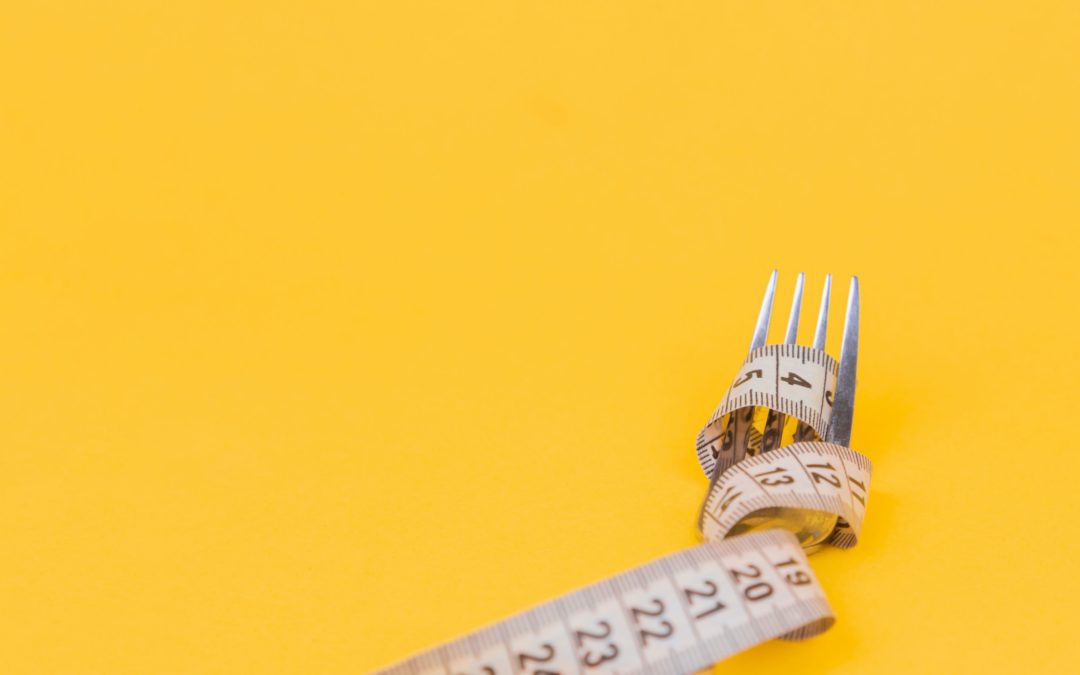In this blog, we’re going to break down emotional eating. We’ll look at what triggers the habit within the body. We’ll also share tips and tools to lessen the control this habit may have over you. There are journal prompts at the end of the article to help you get more curious.
Eating fatty comfort food won’t solve your problems in the long term. However, getting to the root of these habits and changing them is always possible.
If you struggle with emotional eating or using food as a crutch, you’re not alone.

Relationship to Food
Each human has a unique relationship with food. We need food for energy and for nutritional value, but it also serves other purposes.
Food can be a form of entertainment and a source of comfort. It can bring back nostalgic memories.
And of course, food can be a way to deal with uncomfortable emotions. It can become a way to escape. The next question to ask is what are we escaping from? Most times the answer is ourselves.
Food becomes a relief from anxious thought patterns, like self-judgment.
What is emotional eating?
Emotional eating is the habitual act of relying on food to manage emotions. Emotional eating is commonly connected to unwanted emotions, however, it’s important to note that emotional eating can also be triggered by positive emotions and even neutral feelings, like boredom.
Food becomes a source of comfort to fill spaces of ‘empty’ time. Though this may seem harmless occasionally, if left unchecked it can lead to health risks like obesity and heart disease. It can also simply mean that there’s an old pattern that you can replace with something healthier.

What is food freedom?
Food freedom is a practice where you have a less-restrictive diet and can enjoy what you like in moderation. The philosophy behind it is that you’re in control and food no longer controls you.
Often, behind diet culture and strict plans, there is still an inner dialogue that’s constantly critiquing your choices. There’s this idea of ‘good’ foods and ‘bad’ foods. While it’s true that foods have different nutritional contents or certain foods may indeed be good or bad for you when following a nutrition care plan for medical reasons, overall eating one thing doesn’t make you as a human better or worse. Either way, you deserve self-love.
Food freedom is an approach to eating that involves a lot of kindness. An important aspect of food freedom is listening to your hunger cues.
It can be summarized as simply; if you’re hungry, eat. If you’re not, don’t.
Why do we eat our feelings?
Dr. Susan Albers-Bowling states, “We eat not because we’re hungry, but because we’re bored, stressed, or anxious.”
There’s beauty in getting to the root of why emotional eating happens. Instead of staying at the surface with diets, you can start to understand why you’re stuck in a loop.
By looking at these old thought patterns, you can release and replace them with beliefs that serve you in the long run.
You can achieve a life full of joy and not just while you’re eating. By pulling out the roots of what has shackled you to the habit of eating for comfort, you get to rediscover freedom.

Bridging the Gap
Well, healing is a life-long journey and one that involves many steps. It’s not linear. It’s constant discovery and re-discovery.
Know that you don’t have to do this alone. With the help of a women’s health coach, you can discover the roots of these habits and create a plan to shift them. Your health coach holds you accountable and sees you clearly when you can’t seem to see yourself.
There are also many tools available to help you better regulate your nervous system.
Science Behind Emotional Eating
So, last month we talked about hormonal imbalance and simple ways to begin regulating your hormones in line with your monthly cycle. Now, we’ll talk about another hormone, cortisol—your body’s number one stress hormone.
Cortisol is produced in the adrenal glands. Cortisol receptors throughout your body are notifying your brain about how much cortisol is in your blood. The brain then tells your adrenal glands to produce more or less. (3)
Cortisol has many important functions in the body (1). It regulates blood pressure, controls the sleep cycle, and determines how the body uses fats, carbs, and proteins, just to list a few. It functions as a way to signal your body of potential threats and stressors.
When faced with stress, the body releases a boost of cortisol, known as the acute stress response, to help you stay safe. This is also called the “fight-or-flight” response. (2)
However, when you are in a constant state of stress, your body overrides important functions in order to ‘protect’ you from potential harm. And this can lead to issues like:
- Anxiety
- Depression
- Weight Gain
- Difficulty Sleeping
- Digestion Problems
It can also affect the food choices you make. “Cortisol makes us crave sugary, fatty or salty foods,” says psychologist, Dr. Albers-Bowling. But this also means you can decrease the hold food has over you by finding ways to regulate cortisol levels.
Two Main Goals
Furthermore, the two main intentions for moving away from emotional eating are to:
- Decrease stress
- Learn how to better self-regulate + handle stress
First, we want to decrease the number of stressors in your life. I realize this isn’t always easy to do because certain stressors may be permanent. You certainly can’t ditch your kids because they stress you out. But what you can do is change how you handle stress.
We want to spend less time in fight-or-flight and more time in a restful state.
How to Handle Stress
Dr. Maxwell Maltz once wrote that it takes a minimum of 21 days to form a new habit. With that said, be patient with yourself and this process. Every small step in the direction of your goals is powerful.
When you notice the urge to eat something and you know you’re not hungry, here are some ways to redirect your energy.
Instead of eating, you could:
- Drink a Glass of Water
- Meditate
- Five Minutes of Physical Activity
- Go for a walk or bike ride
- Workout to a short video on Youtube
- Journal

Journal Prompts to Find Food Freedom:
Here are five prompts to bring into your journal or just a blank sheet of paper. I invite you to drop self-judgment as you respond to these prompts.
Allow yourself to answer freely and get out of your own way. This encourages your subconscious mind to reveal things that you weren’t aware of. Answer as honestly as you can.
- When are you triggered to eat? What emotions are you feeling?
- How does food make you feel?
- How do you talk to yourself during and after eating a large, heavy meal?
- How would you talk to someone you love after they had a large, heavy meal?
- What does food freedom look and feel like to you?
To Conclude
If you are wanting support in this healing process, book your discovery call today. You can also join our newest course, The Anxiety Relief Roadmap for more tools and help on your path of healing.

